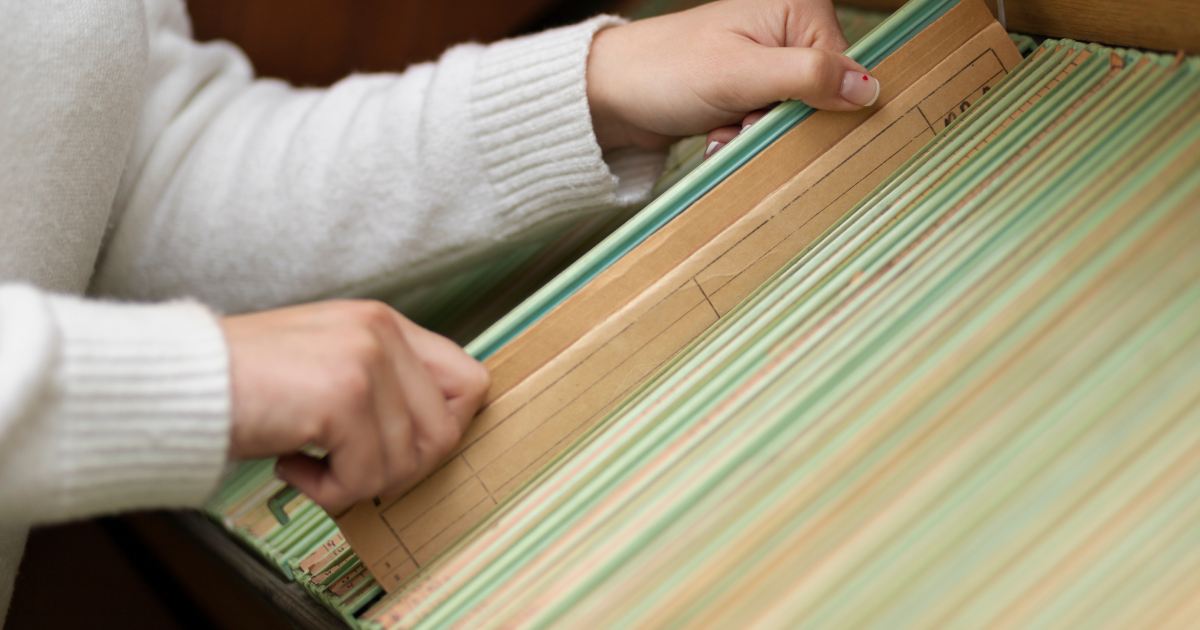Restoring historical justice. How does the Commission for the Rehabilitation of the Repressed in the Soviet Union work?
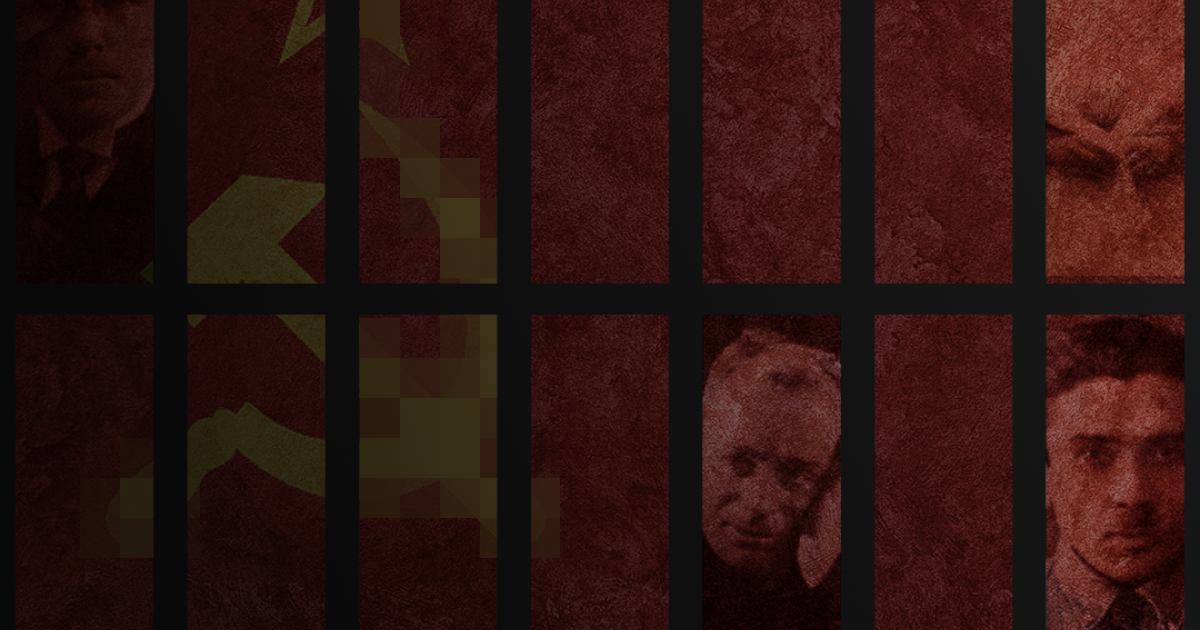
In January 2024, the National Rehabilitation Commission rehabilitated Ukrainian film director and screenwriter Serhii Parajanov. His case file and other archival documents revealed the political motive of the Soviet authorities for the persecution and conviction of the cultural figure.
The year is 2024. Thirty-three years have passed since the collapse of the Soviet Union. During this time, Ukraine was supposed to overcome the consequences of the Soviet Union. But this did not happen. During the Soviet era, the Bolsheviks killed and punished millions of Ukrainians, and Ukraine is still restoring historical justice to those illegally convicted.
There are special commissions for the rehabilitation of the repressed. Those who were killed by the Soviet authorities on trumped-up cases, deported, imprisoned on the territory of Ukraine or exiled are subject to rehabilitation. The aim is to restore historical justice and condemn the crimes of the Soviet regime.
"I want the rehabilitation of Parajanov to remind us that thousands of people are waiting for this, too. They have not been rehabilitated yet, and we must not forget about them,"
says Anton Drobovych, head of the Ukrainian Institute of National Memory.
Read the article to find out how rehabilitation went back in Soviet times when special commissions were set up in Ukraine and how each of us can be involved in the rehabilitation of illegally repressed people.
The historical path of rehabilitation
Rehabilitation is the process of restoring justice and historical truth to people who were repressed by the communist regime between 1917 and 1991.
During Mikhail Gorbachev's perestroika in 1989, the process was restarted when the Presidium of the Supreme Soviet of the USSR adopted a special resolution on additional measures to rehabilitate all victims of political repression by the Soviet authorities.
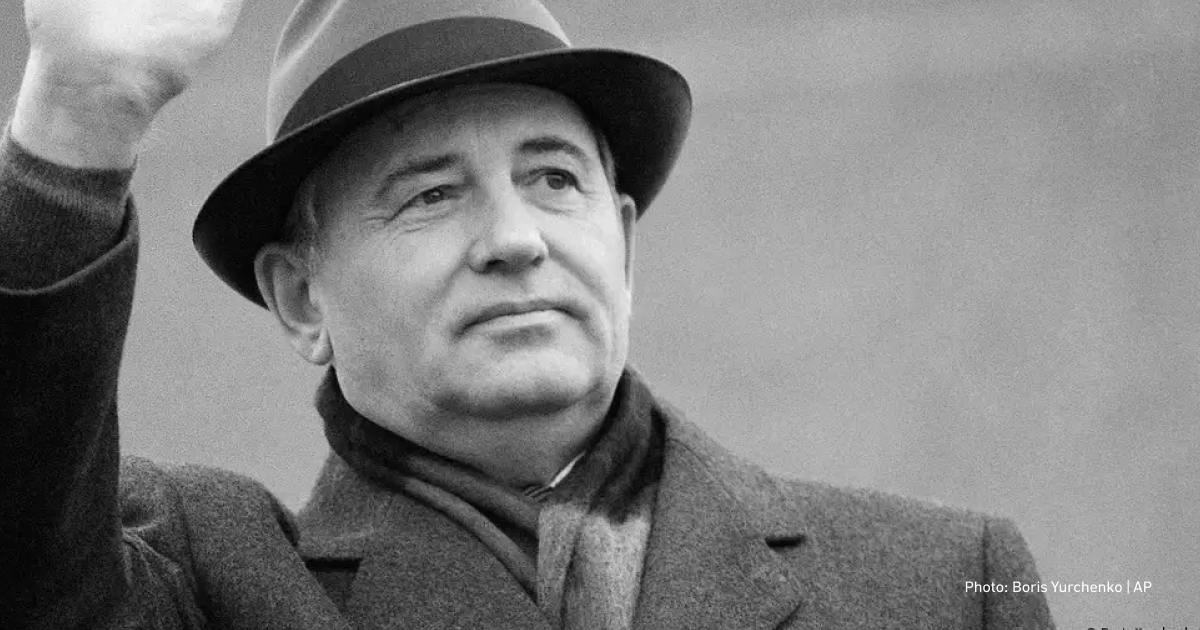
After the adoption of the Law of Ukraine, "On the Rehabilitation of Victims of Political Repression in Ukraine," in 1991, the previously chaotic process accelerated and became systematic.
The first rehabilitation took place in the 1950s when Nikita Khrushchev came to power and began working to debunk the cult of Joseph Stalin, historian and head of the regional rehabilitation commission in the Rivne region Andrii Zhyviuk tells Svidomi. At that time, however, only Soviet military and political figures were rehabilitated.
The law enforcement agencies began to carry out rehabilitation: first, the Special Department of the USSR State Security Committee (KGB), then the Security Service and the Prosecutor's Office. Then, they began to rehabilitate most of those subjected to repression.
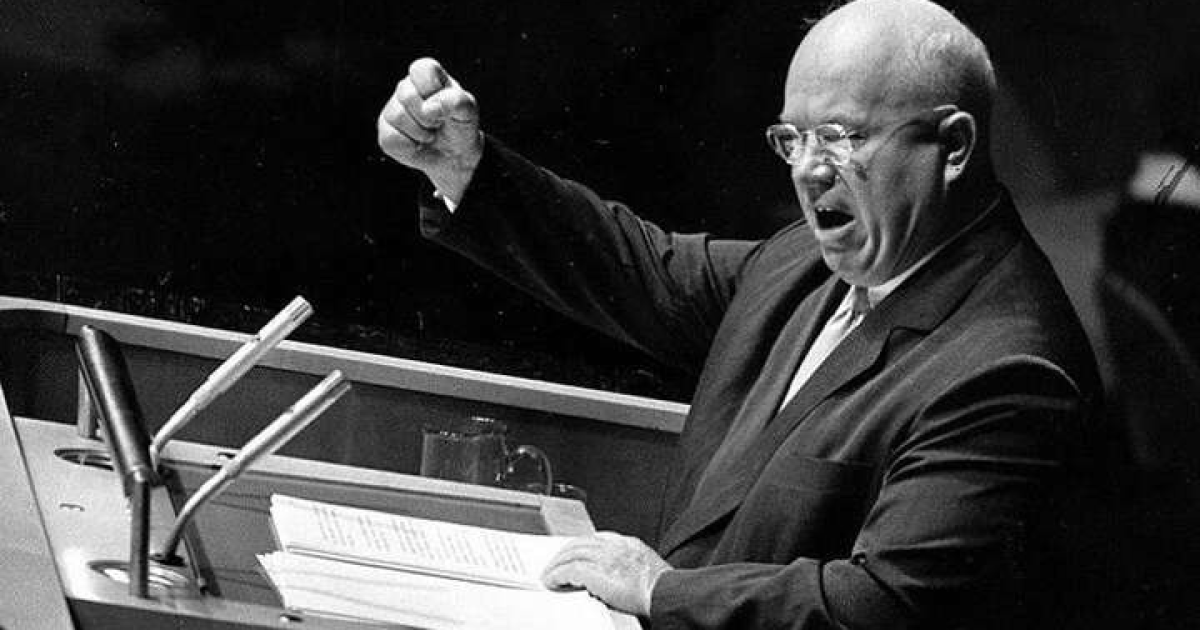
In May 2018, the Law "On Amendments to Certain Legislative Acts of Ukraine on Improving the Procedure for Rehabilitation of Victims of Repression of the Communist Totalitarian Regime 1917-1991" came into force. At the same time, the National Rehabilitation Commission was established in Kyiv, and regional commissions were established in regional centres. According to the law, law enforcement agencies no longer have the authority to deal with cases on their own but are part of the supervisory board of the commissions.
Under the new law, rehabilitation applies to all those who suffered from the actions of the communist regime in 1917-1991. A category of victims of repression was also introduced — relatives of a person who was repressed.
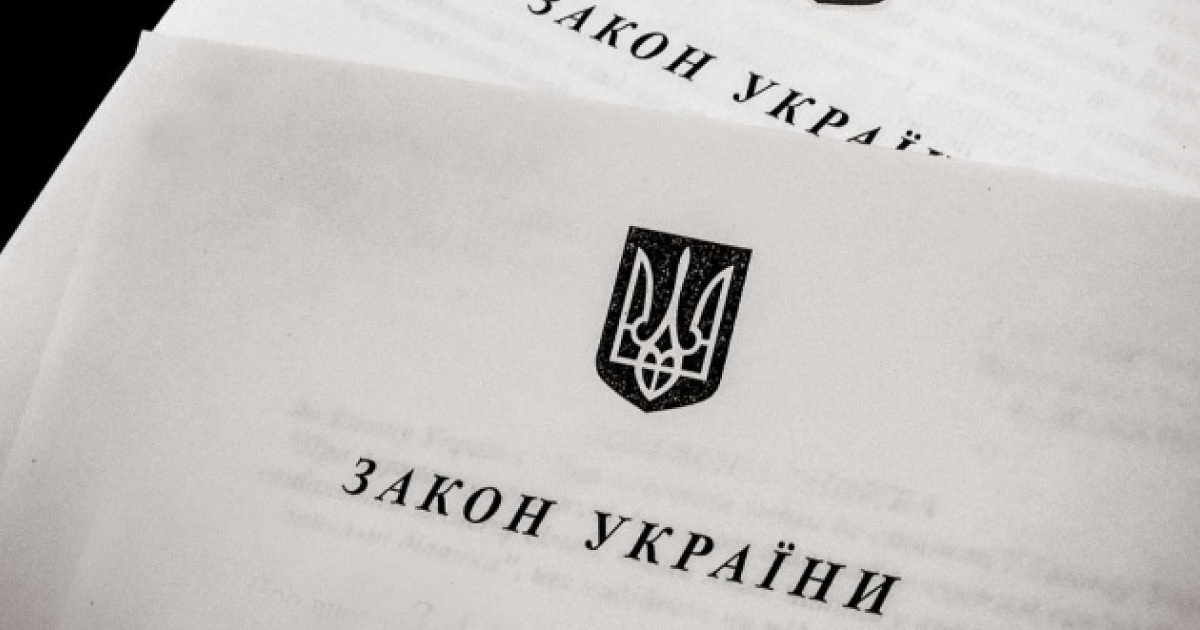
Stages and process of rehabilitation
The decision to rehabilitate repressed persons is carried out in two stages: submission of an application to regional commissions, which send their conclusions to the National Commission with substantiated proposals on the possibility of recognising or refusing to recognise a person as rehabilitated or a victim of repression.
The members of the Commission interact with the groups of the scientific and documentary series "Rehabilitated by History", the head of the National Commission for the Rehabilitation of Victims of Political Repression of the Communist Regime, Roman Podkur.
The Commission's staff work in the archive departments of the regional centres of the Ministry of Internal Affairs and the Security Service of Ukraine, searching for unrehabilitated citizens and submitting them for consideration.
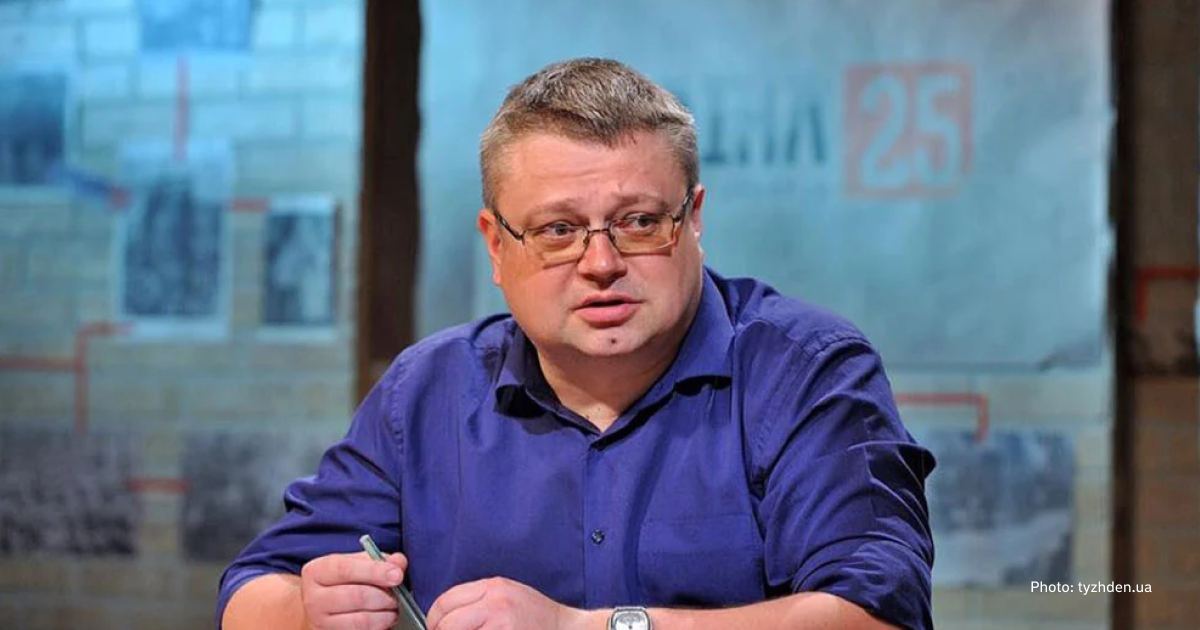
The task of the regional commissions is to investigate the circumstances of the repressions, examine the case files and hear the applicants' explanations of the circumstances of the repressions against a particular person.
These commissions include representatives of civil society organisations, the State Archive, the Ukrainian Parliament Commissioner for Human Rights, the Regional Council, the Security Service and the Prosecutor's Office. The Commission works mainly with the Sectoral State Archive of the Security Service and the Sectoral State Archive of the National Police.
Since its establishment, the Commission has rehabilitated 1255 persons. Rehabilitation was denied to 41 persons for lack of legal grounds. In 2023, 263 people were rehabilitated in the context of a full-scale invasion.
The repressed can be approved for financial assistance in one minimum wage (6,700 hryvnias as of November 2023) for each month of imprisonment but at most 75 minimum wages.
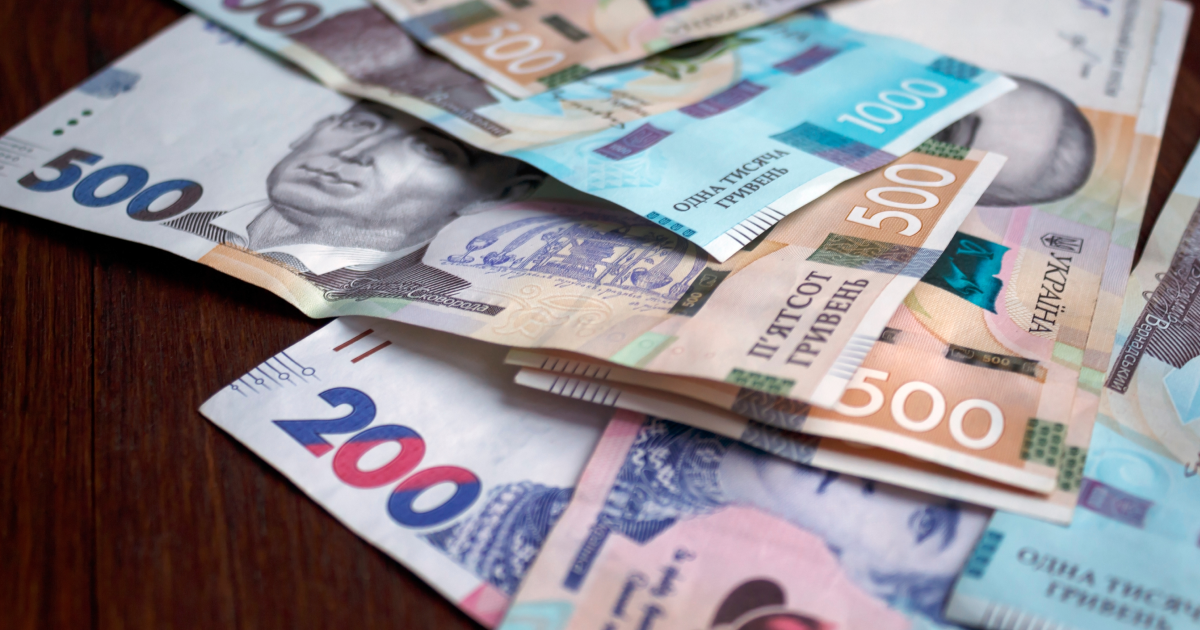
Also, the repressed have the opportunity to return lost buildings and property (if the building is not occupied and the property has been preserved). If this is not possible, the costs will be reimbursed.
According to the heads of the regional commissions in Rivne and Sumy and the head of the National Commission, there are no problems with payments, and the mechanism works without any obstacles.
The Ministry of Finance told Svidomi that during a full-scale invasion, the government and local authorities provide payments in full.
"At the same time, rehabilitated persons are entitled to a 50% reduction in the payment for housing and utilities within the limits of the norms provided for by the current legislation,"
the ministry said.
Challenges in the work
Despite the full-scale invasion, the commissions operate, particularly in the frontline regions. However, war is not the only challenge.
The head of the National Commission, Roman Podkur, says that the main problem is legislative. When the amendments to the Law "On Rehabilitation of Victims of Repressions of the Communist Totalitarian Regime of 1917-1991" were adopted, children born in camps or special settlements had the status of "victims" rather than rehabilitated, so they could not count on any benefits.
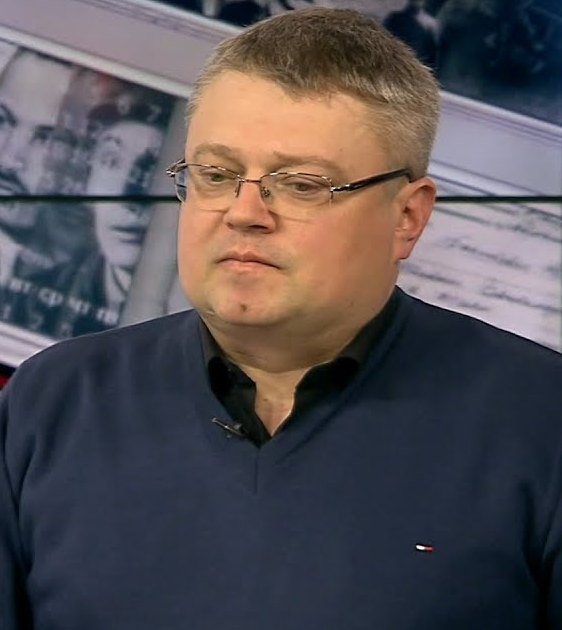
"However, after they were born, they had already become prisoners, and their status was no different from their parents (repressed by the communist regime - ed.) It is a serious injustice. The Ministry of Finance seemed unwilling to expand the circle of beneficiaries (in a comment to Svidomi, the Ministry did not explain the lack of financial support for children born in camps or special settlements - ed.),"
says Podkur.
Another challenge is finding documents to confirm status. Some state archives cannot make copies of documents, especially archives and criminal files, which can be over a thousand pages long.
"It not only delays the process but also complicates the decision-making, as the commission members have to investigate each person's life thoroughly. In particular, we do not know where the SSU archives are in the Donetsk and Luhansk regions," Podkur explains.
They were rehabilitated
The majority of the rehabilitated are Ukrainians, although there are many Poles, Belarusians, Jews, Russians and Roma, historian Andrii Zhyviuk tells Svidomi.
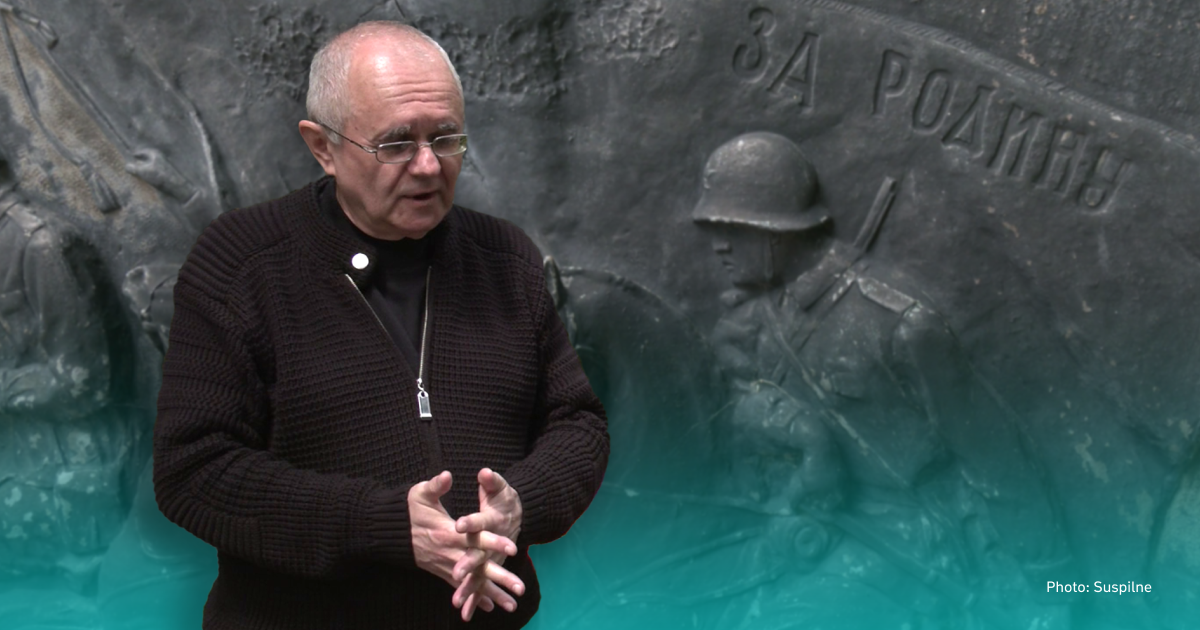
"Rehabilitation is necessary. Historical justice and truth call for us to put an end to this process and rehabilitate every innocent person who was repressed. We may not punish the people who committed the crimes, but we will at least condemn the system," says Viacheslav Olitskyi, head of the Sumy regional commission.
Vira Chernienko, an artist and ceramist from Rivne, first learned of her grandfather's fate through a post by historian Zhyviak. She and her family knew almost nothing about what had happened to their relative.
He was arrested in 1939, and all his property was confiscated. He was under investigation until 1941, and during World War II, the Soviet authorities shot him at the start of the German offensive.
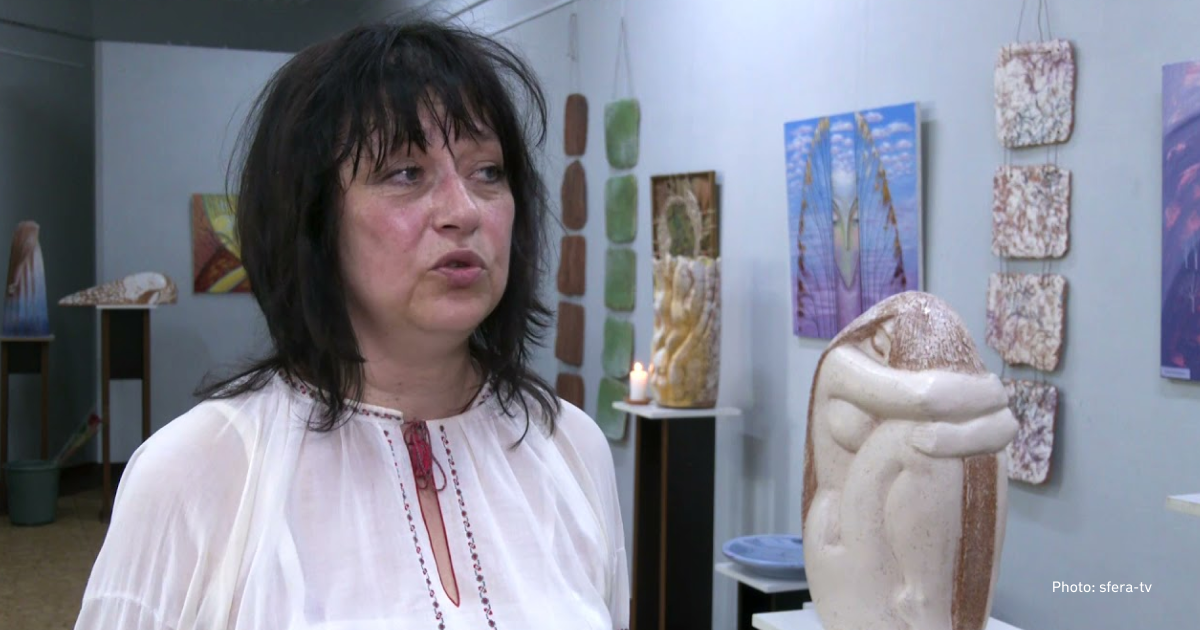
Later, his daughter appealed to the then USSR State Security Committee (KGB), which reported that her father had allegedly died in a Rivne prison during a Nazi air raid. The family lived with these facts until the time of his rehabilitation.
The head of the Sumy regional commission, Olitskyi, recalls a story when, during the Holodomor, it was possible to repress people for not handing over bread, even though they did not have any. Then, they were accused of having an anti-Soviet policy.
"Every case is a person's life and fate. It is important for the descendants of a repressed person to restore historical justice," Olitskyi says.
How to start the rehabilitation process?
Darka Hirna, a journalist, documentary filmmaker and author of the "Faces of Independence" channel, says that if you have a grandparent who was a political prisoner of the USSR, i.e. served a prison sentence or went into exile for political reasons, it is important to rehabilitate them.
"Firstly, rehabilitation restores a person's good name. Secondly, Ukraine rewards such people with a pension for special services to the country. There is a procedure for calculating such a pension (separate from the main one - ed.). That is why it is important not to delay,"
says Darka Hirna.
For the Сommission to start considering a case, an application must be submitted to the regional department using the template.
"Anyone can initiate rehabilitation, even someone who has nothing to do with the fate of one of the repressed. You can contact the commission in the place where you live and submit an application. There are very few people who have survived repression. That's why relatives usually apply. Sometimes we initiate it ourselves," says historian Zhyviuk.
After submitting an application, the commission's representatives search for the personal file in the archives, identify relevant information, conduct an analysis, and decide whether they recommend rehabilitation.
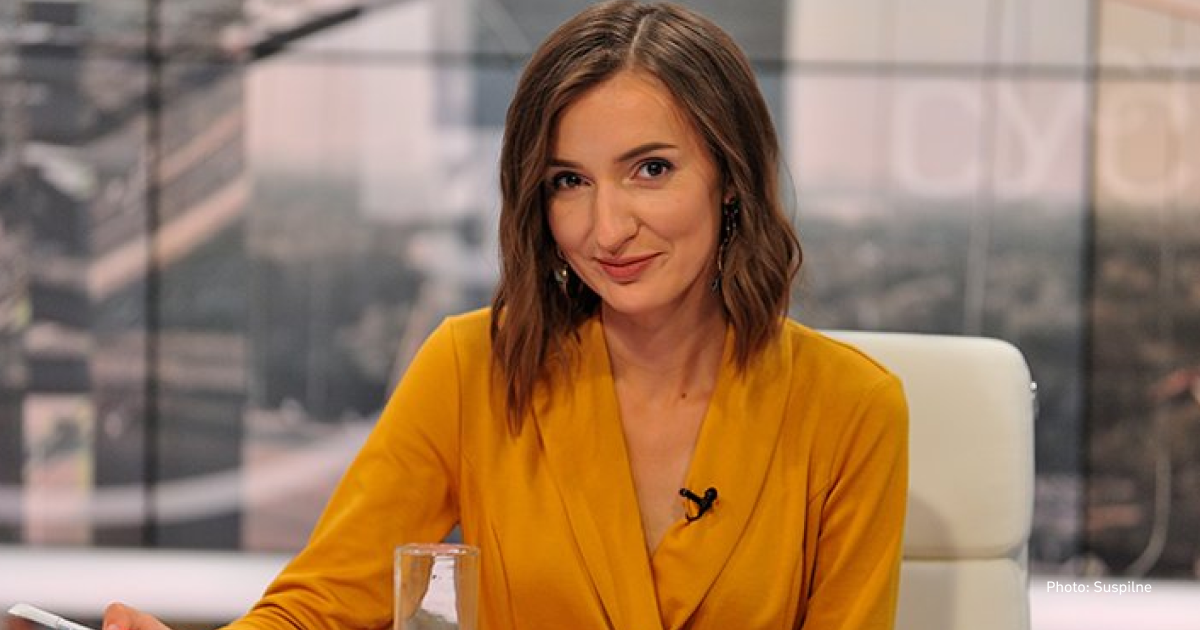
Importance and continuity of rehabilitation
It is impossible to predict how long rehabilitation will take, says Roman Podkur. In addition, there are still many archival criminal cases in Russia. There are also many in Kazakhstan and Kyrgyzstan where camps and special settlements used to operate. The Commission is currently concentrating on processing documents in Ukraine.
"The ongoing rehabilitation process is vital even in a full-scale war. In addition to historical justice and restoration of a good name, it is important to reveal the scale of the communist regime's crime and explain the practice of extrajudicial justice," says Roman Podkur.
